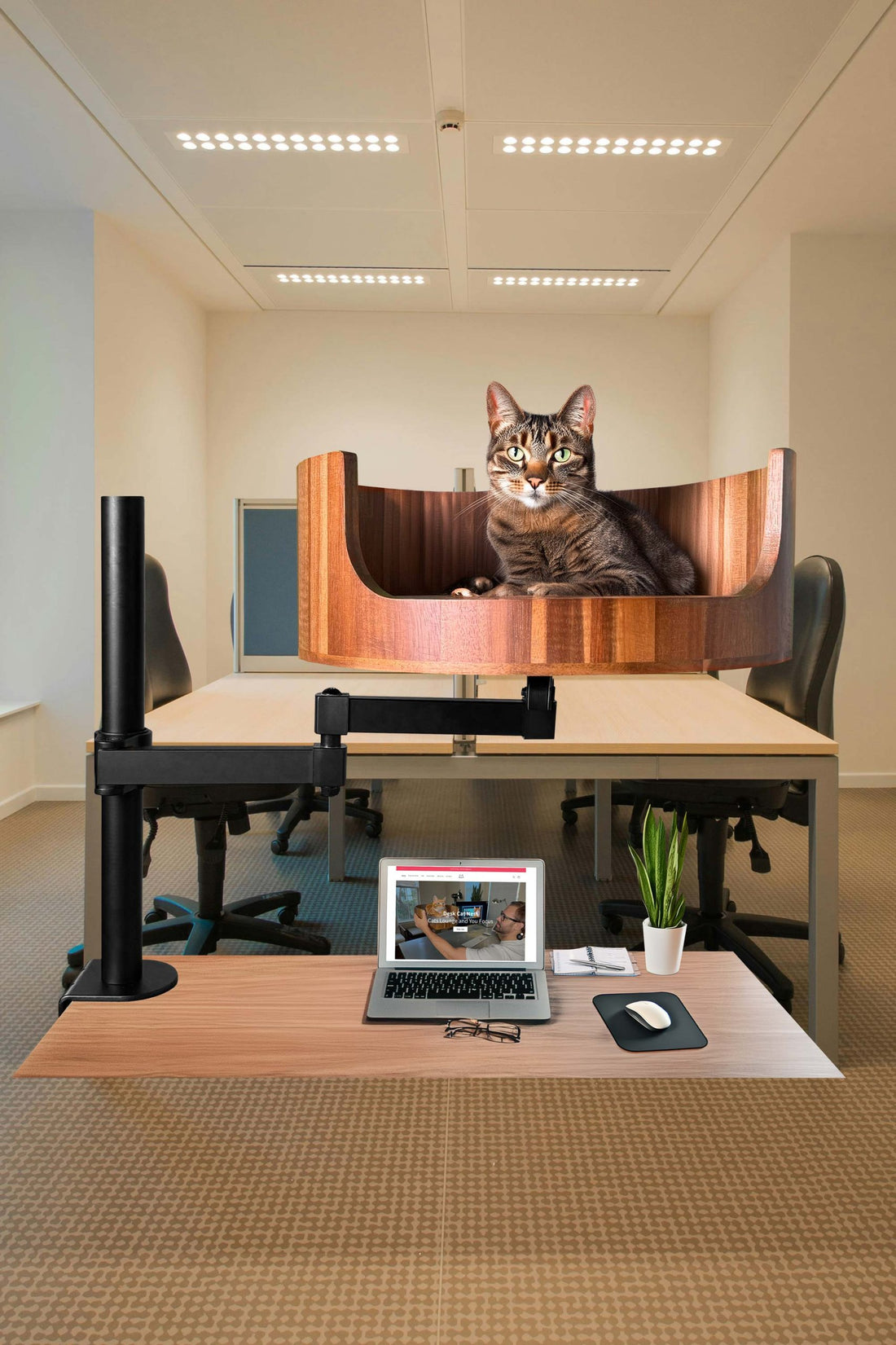
My Cat Is Dying How Long Will It Take: A Guide
Share
If you're reading this, chances are you're facing the heartbreaking reality that your beloved feline companion is reaching the end of their life. Seeing a pet deteriorate before your eyes can be a devastating and overwhelming experience, leaving you with countless questions and uncertainties. In this guide, we aim to provide you with information and guidance on what to expect as your cat nears the end of their life, including common signs of decline and how to care for them during this difficult time.
As much as we wish our furry friends could stay by our side forever, the reality is that cats have much shorter lifespans than humans. Understanding the process of a cat's decline can help you better prepare emotionally and practically for what lies ahead. From changes in behavior and appetite to the physical manifestations of aging, we will delve into the various factors that can affect how long your cat may have left. Additionally, we will offer advice on how to provide comfort and support to your feline companion as they navigate their final days.
1. Understand the signs of a cat nearing the end of its life, such as decreased appetite and mobility.
2. Consult with a veterinarian for guidance on how to provide comfort and support during this difficult time.
3. Cats typically show decline over the course of days to weeks before passing away.
4. Create a peaceful and comfortable environment for your cat in their final days.
5. Be prepared for the emotional toll of losing a beloved pet and seek support if needed.
Understanding the Signs of a Dying Cat
When a cat is nearing the end of its life, there are certain signs and symptoms that may indicate their condition is worsening. Some of the common signs to look out for include significant changes in appetite, weight loss, lethargy, difficulty breathing, vomiting, and changes in behavior. It is essential to pay attention to these signs and consult with a veterinarian to determine the best course of action for your cat.
Factors That Can Impact the Timeline of a Cat's Decline
Several factors can influence how quickly a cat's health deteriorates and ultimately how long it may take for them to pass away. These factors can include the underlying illness or condition affecting the cat, the cat's age and overall health, as well as the level of care and support they are receiving. It's crucial to consider these factors when trying to estimate how long a cat may have left.
Providing Comfort and Support for a Dying Cat
As a cat nears the end of its life, it is essential to focus on providing comfort and support to ensure they have a peaceful passing. This may involve creating a quiet and comfortable space for your cat, ensuring they have access to food, water, and litter box, as well as offering them affection and companionship. Additionally, discussing palliative care options with your veterinarian can help manage any pain or discomfort your cat may be experiencing.
When to Consider Euthanasia for a Dying Cat
While it is never an easy decision to make, there may come a time when euthanasia is the most humane option for a dying cat. Factors to consider when contemplating euthanasia include the cat's quality of life, level of suffering, and prognosis for recovery. It's essential to have open and honest discussions with your veterinarian to determine the best course of action for your cat's well-being.
Desk Cat Nest FAQ
How long will it take for my cat to adjust to the Desk Cat Nest?
Every cat is different, so the adjustment period can vary. Some cats may feel comfortable in the Desk Cat Nest right away, while others may take a few days to get used to it. Patience and positive reinforcement can help your cat feel more at home in their new space.
Will the Desk Cat Nest provide a comfortable and safe environment for my dying cat?
Yes, the Desk Cat Nest is designed to provide a cozy and secure space for cats of all ages and health conditions. The soft cushioning and enclosed structure can offer comfort and privacy for a cat that may be feeling unwell. However, it's essential to consult with your veterinarian for specific recommendations on how to best care for your dying cat.
Can the Desk Cat Nest help improve the quality of life for my dying cat?
While the Desk Cat Nest can offer a comfortable space for your cat, it's crucial to address any medical needs or concerns with your veterinarian to ensure that your cat's quality of life is optimized in their final days. The Desk Cat Nest can provide a cozy and familiar environment for your cat to rest and relax in, but it should be used in conjunction with proper veterinary care and attention.
In conclusion, providing your cat with a comfortable and supportive sleeping environment is crucial, especially during their final days. The Desk Cat Bed offers a cozy and safe space for your furry friend to rest peacefully as they navigate their illness. With its soft material and raised edges, this bed provides the added comfort and security your cat needs during this challenging time. Investing in a Desk Cat Bed is a valuable choice that can greatly benefit your cat's quality of life as they approach the end of their journey.



















































